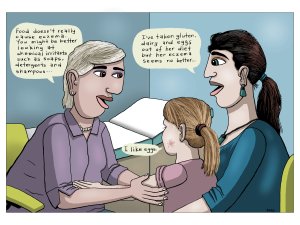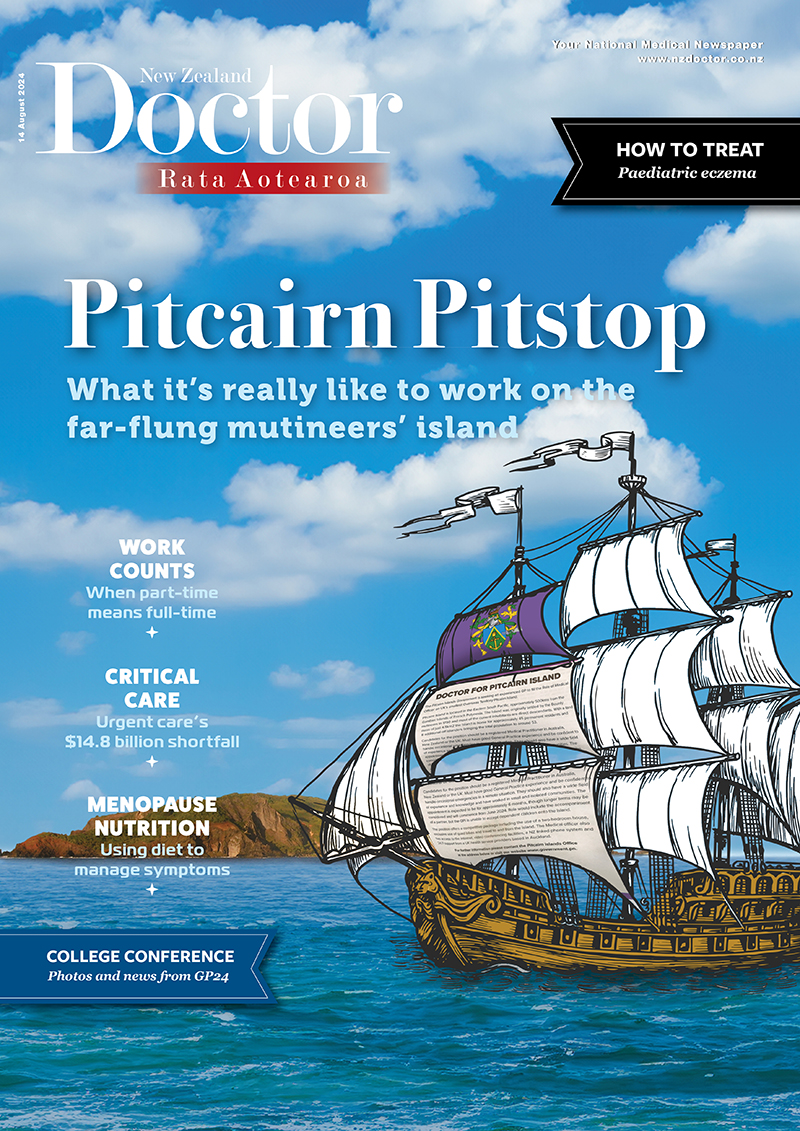Specialist GP Nikki Vadgama provides some tips to make your next paediatric eczema consult easier. She includes a review of new guidelines, resources, websites and medications for paediatric eczema management
Tackling racism in New Zealand’s health system wins funding
Tackling racism in New Zealand’s health system wins funding

Racism in New Zealand's health system is firmly in the sights of newly-funded research into how to combat it and bring positive changes to practice and policy.
Natalie Talamaivao, a senior advisor in Māori Research at the Ministry of Health (MoH), is about to take up a research role with the University of Otago, Wellington, with the aim of developing an anti-racism framework for guiding New Zealand policy advisors and decision-makers.
She says there is already clear and robust evidence showing racism is an important health determinant for Māori and an underlying cause of ethnic inequalities, both in New Zealand and internationally.
"We've got a significant body of evidence that's been developed and it's at the stage now where we need to think about how to translate it into action."
Talamaivao, who will be working with Te Rōpū Rangahau Hauora a Eru Pōmare (the Eru Pōmare Māori Health Research Centre), has just received a $131,284 Foxley Fellowship from the Health Research Council of New Zealand (HRC) to investigate policy options for action.
It is one of 61 grants announced today by the HRC as part of its annual Career Development Awards, which help foster and sustain New Zealand's health research workforce. More than $10 million in grants was awarded overall to researchers across a broad range of disciplines, including Māori and Pacific health research.
Talamaivao says people experience racism in a range of ways from the interpersonal level to the structural level and there is clear evidence it affects health outcomes.
"Experience of racism impacts on participation with the health sector. In New Zealand it has been linked to lower breast screening and cervical cancer screening for Māori. It also has quite profound effects on mental health and other health outcomes," she says.
Talamaivao has spent more than a decade as a senior advisor in Māori health at the Ministry of Health and says the Foxley Fellowship will allow her to develop her research skills and work with highly-regarded researchers.
As part of the fellowship she will also be involved in three research projects focused on racism and health. These include the impact of racism on the future health of adults, Māori health workforce experiences of racism, and the effects of racism on rangatahi (youth).
"I am hoping that my experience with the policy and Government sector will help me facilitate more of an action-focused stage as the next step."
Other countries, such as Canada and Australia, already have anti-racism policy frameworks and the aim is to develop a New Zealand-specific one. Such frameworks typically cover a wide range of measures from workforce development and anti-racism training programmes, to changes at a strategic level.
HRC chief executive Dr Kath McPherson says, with her background, Talamaivao is well-placed to open an important pipeline between research and policy.
“A key focus of New Zealand’s first Health Research Strategy is how best to enhance the connection between research and its potential to drive improvements in the health system, and we’re very pleased to support Natalie to pursue this important work.”




